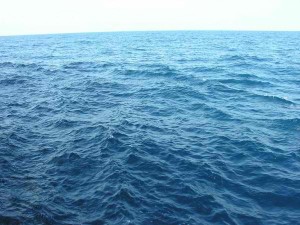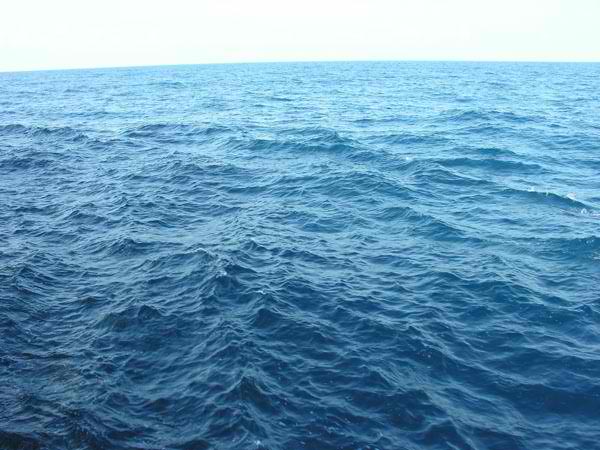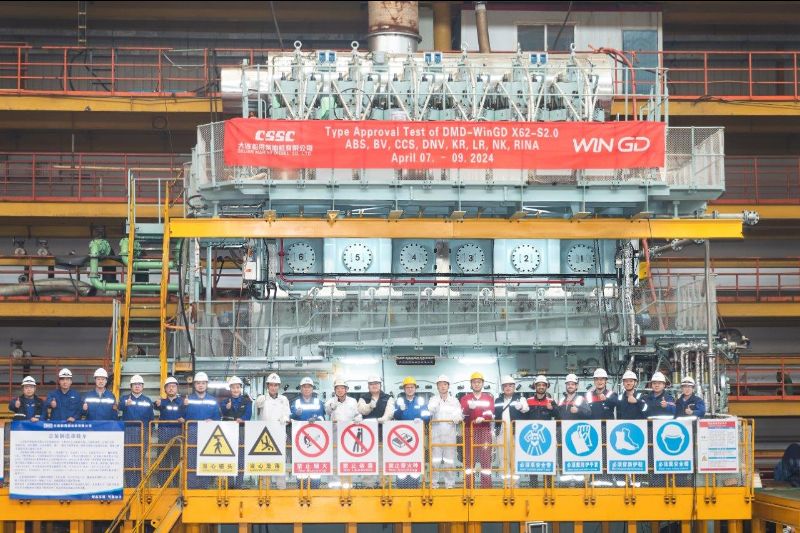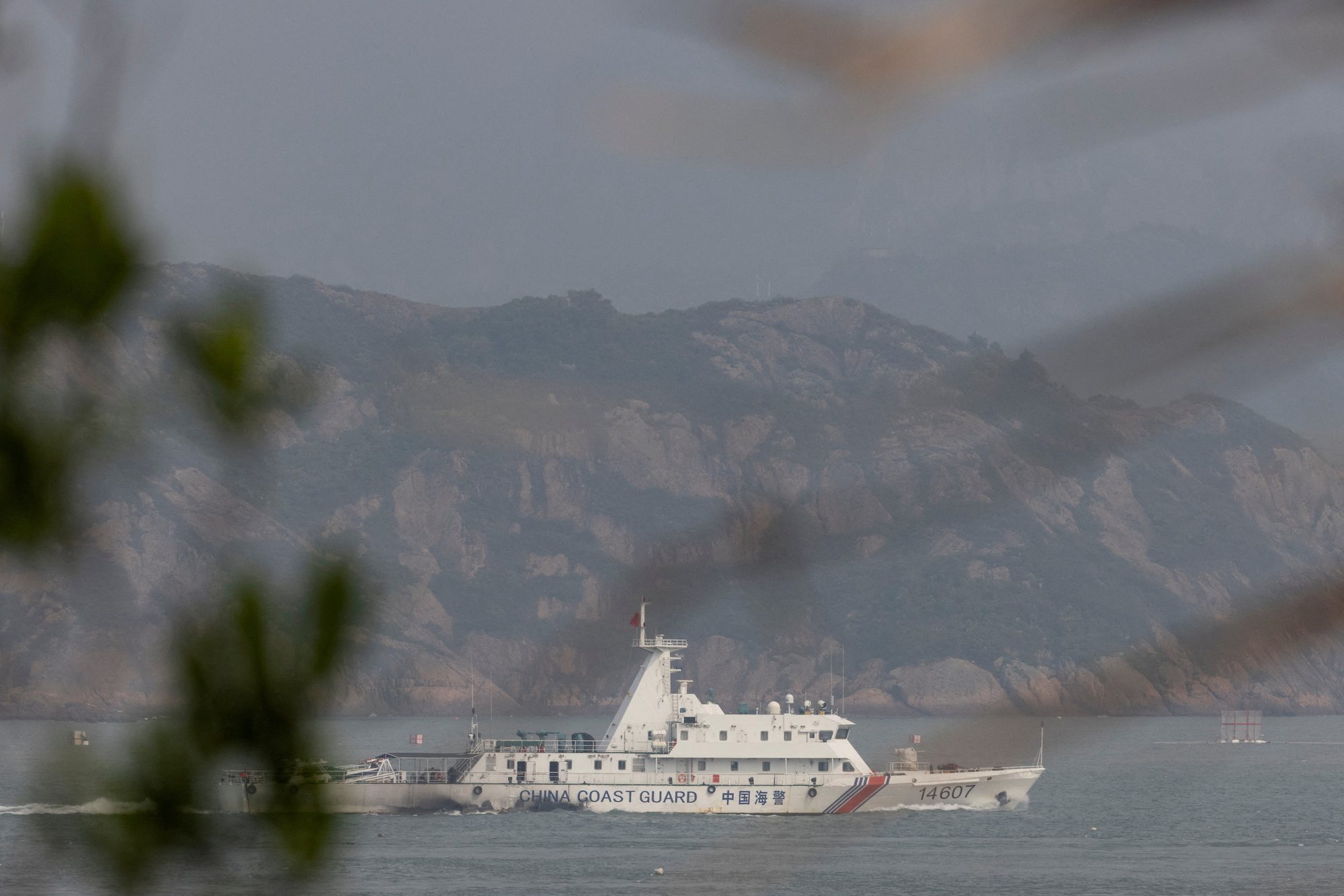 Marine Environment Protection Committee (MEPC) – 62nd session: 11 to 15 July 2011
Marine Environment Protection Committee (MEPC) – 62nd session: 11 to 15 July 2011
Via IMO
IMO adopted amendments to the International Convention for the Prevention of Pollution from Ships (MARPOL) to designate the United States Caribbean Sea as a new emission control area (ECA); to designate the Baltic Sea as a Special Area with respect to pollution by sewage from ships; and to adopt a revised Annex V related to the control of garbage, at the 62nd session of the Marine Environment Protection Committee (MEPC), which met from 11 to 15 July 2011 at the IMO Headquarters in London.
IMO also adopted mandatory measures to reduce emissions of greenhouse gases (GHGs) from international shipping (see
press briefing 42/2011).
The MEPC also designated the Strait of Bonifacio as a Particularly Sensitive Sea Area (PSSA) and adopted the first-ever international recommendations to address biofouling of ships, to minimize the transfer of aquatic species.
In other matters, the MEPC approved a number of ballast water management systems and adopted guidelines related to the implementation of both the ballast water management and ship recycling Conventions.
Energy efficiency measures adopted
Mandatory measures to reduce emissions of greenhouse gases (GHGs) from international shipping were adopted by Parties to MARPOL Annex VI represented in the MEPC (see
press briefing 42/2011).
The MEPC agreed to the terms of reference for an intersessional working group on energy efficiency measures for ships, scheduled to take place in February/March 2012, tasked with:
• further improving, with a view to finalization at MEPC 63, draft Guidelines on the method of calculation of the EEDI for new ships; draft Guidelines for the development of a SEEMP; draft Guidelines on Survey and Certification of the EEDI; and draft interim Guidelines for determining minimum propulsion power and speed to enable safe manoeuvring in adverse weather conditions;
• considering the development of EEDI frameworks for other ship types and propulsion systems not covered by the draft Guidelines on the method of calculation of the EEDI for new ships;
• identifying the necessity of other guidelines or supporting documents for technical and operational measures;
• considering the EEDI reduction rates for larger tankers and bulk carriers; and
• considering the improvement of the guidelines on the Ship Energy Efficiency Operational Indicator (EEOI) (MEPC.1/Circ.684).
United States Caribbean Emission Control Area adopted
Following approval at its last session, the MEPC adopted MARPOL amendments to designate certain waters adjacent to the coasts of Puerto Rico (United States) and the Virgin Islands (United States) as an ECA for the control of emissions of nitrogen oxides (NOX), sulphur oxides (SOX), and particulate matter under MARPOL Annex VI Regulations for the prevention of air pollution from ships. Another amendment will make old steamships exempt from the requirements on sulphur relating to both the North American and United States Caribbean Sea ECAs. The MARPOL amendments are expected to enter into force on 1 January 2013, with the new ECA taking effect 12 months later.
Currently, there are two designated ECAs in force under Annex VI, the Baltic Sea area and the North Sea area, while a third, the North American ECA, which was adopted in March 2010 with entry into force in August 2011, will take effect in August 2012.
Other Annex VI issues
The MEPC adopted Guidelines for reception facilities under MARPOL Annex VI and Guidelines addressing additional aspects to the NOx Technical Code 2008 with regard to particular requirements related to marine diesel engines fitted with selective catalytic reduction (SCR) systems.
The MEPC approved, for future adoption, draft amendments to the NOx Technical Code 2008, relating to engines not pre-certified on a test bed and to NOx-reducing devices. It also agreed terms of reference for the review of the status of technological developments to implement the Tier III NOx emission standard.
Black carbon measures to be further considered
The MEPC agreed a work plan on addressing the impact in the Arctic of black carbon emissions from ships and instructed the Sub-Committee on Bulk Liquids and Gases (BLG) to: develop a definition for black carbon emissions from international shipping; consider measurement methods for black carbon and identify the most appropriate method for measuring black carbon emissions from international shipping; investigate appropriate control measures to reduce the impacts of black carbon emissions from international shipping in the Arctic; and submit a final report to MEPC 65 (in 2014).
Black carbon is a strongly light-absorbing carbonaceous aerosol produced by incomplete combustion of fuel oil and is considered a constituent of primary particulate matter, as distinguished from secondary particulate matter pollutants formed in the atmosphere from sulphur dioxide emissions. In addition to harmful human health effects associated with exposure to particulate matter, Black carbon has effects on climate change. When deposited on snow and ice in the Arctic and lower latitudes, it darkens light surfaces and absorbs energy, causing snow and ice to melt.
Annex IV (Sewage) Baltic Special Area adopted
The MEPC adopted amendments to MARPOL Annex IV Prevention of pollution by sewage from ships to include the possibility of establishing “Special Areas” for the prevention of such pollution from passenger ships and to designate the Baltic Sea as a Special Area under this Annex. The amendments are expected to enter into force on 1 January 2013.
Revised Annex V (garbage) adopted
The MEPC adopted the revised MARPOL Annex V Regulations for the prevention of pollution by garbage from ships, which has been developed following a comprehensive review to bring the Annex up to date. The amendments are expected to enter into force on 1 January 2013.
The main changes include the updating of definitions; the inclusion of a new requirement specifying that discharge of all garbage into the sea is prohibited, except as expressly provided otherwise (the discharges permitted in certain circumstances include food wastes, cargo residues and water used for washing deck and external surfaces containing cleaning agents or additives which are not harmful to the marine environment); expansion of the requirements for placards and garbage management plans to fixed and floating platforms engaged in exploration and exploitation of the sea-bed; and the addition of discharge requirements covering animal carcasses.
PSSA for Strait of Bonifacio designated
The MEPC agreed to designate the Strait of Bonifacio as a Particularly Sensitive Sea Area (PSSA), following its approval in principle at the last session, and consideration of associated protective measures by the Sub-Committee on Safety of Navigation (NAV) in June 2011.
The MEPC also agreed, in principle, to designate the Saba Bank in the Caribbean Sea as a PSSA, noting that the Netherlands would submit detailed proposals for associated protective measures to the NAV Sub-Committee, which would provide recommendations to the Committee with a view to final designation of the PSSA at MEPC 64 in October 2012.
Biofouling guidelines adopted
The MEPC adopted the first set of international recommendations to address biofouling of ships, to minimize the transfer of aquatic species. The Guidelines for the control and management of ships’ biofouling to minimize the transfer of invasive aquatic species will address the risks of introduction of invasive aquatic species through the adherence of sealife, such as algae and molluscs, to ships’ hulls.
Research indicates that biofouling is a significant mechanism for species transfer by vessels. A single fertile fouling organism has the potential to release many thousands of eggs, spores or larvae into the water with the capacity to found new populations of invasive species such as crabs, fish, sea stars, molluscs and plankton. Minimizing biofouling will significantly reduce the risk of transfer.
Guidelines on recycling of ships adopted
The MEPC adopted the 2011 Guidelines for the development of the Ship Recycling Plan as well as updated Guidelines for the development of the Inventory of Hazardous Materials, which are intended to assist in the implementation of the Hong Kong International Convention for the Safe and Environmentally Sound Recycling of Ships, adopted in May 2009.
The Committee encouraged Governments to ratify the Convention, which has been signed, subject to ratification, by five countries, and to review the programme of technical assistance aimed at supporting its early implementation.
Ballast water management systems approved
The MEPC granted final approval to two and basic approval to seven ballast water management systems that make use of active substances, following the recommendations of the fifteenth, sixteenth and seventeenth meetings of the Joint Group of Experts on the Scientific Aspects of Marine Environment Protection (GESAMP) Ballast Water Working Group, which met in December 2010, February/March and May 2011, respectively.
The MEPC also adopted the Procedure for approving other methods of ballast water management in accordance with regulation B-3.7 of the Ballast Water Management Convention, which will open the door for new methods and concepts to prevent risks arising from the transfer of invasive species, provided that such methods will ensure at least the same level of protection of the environment as set out in the Convention and are approved in principle by the MEPC.
Guidance on scaling of ballast water management systems was also approved.
The MEPC reiterated the need for countries to ratify the International Convention for the Control and Management of Ships’ Ballast Water and Sediments, 2004, to achieve its entry into force at the earliest opportunity. To date, 28 States, with an aggregate merchant shipping tonnage of 26.37 per cent of the world total, have ratified the Convention. The Convention will enter into force twelve months after the date on which not fewer than 30 States, the combined merchant fleets of which constitute not less than 35 percent of the gross tonnage of the world’s merchant shipping, have become Parties to it.
Guidelines for the carriage of blends of petroleum oil and bio-fuels approved
The MEPC approved Guidelines for the carriage of blends of petroleum oil and bio-fuels, which set out carriage and discharge requirements for bio-fuel blends containing 75% or more of petroleum oil (they are subject to Annex I of MARPOL); bio-fuel blends containing more than 1% but less than 75% of petroleum oil (subject to Annex II of MARPOL); and bio-fuel blends containing 1% or less petroleum oil (also subject to Annex II of MARPOL).
FSA environmental risk evaluation criteria endorsed
The MEPC endorsed environmental risk evaluation criteria, for inclusion in the Guidelines for Formal Safety Assessment (FSA) for use in the IMO rule-making process, subject to approval by the Maritime Safety Committee (MSC).
Implementation of the International Convention on Oil Pollution Preparedness, Response and Co-operation (OPRC Convention), 1990, and the Protocol on Preparedness, Response and Co-operation to Pollution Incidents by Hazardous and Noxious Substances, 2000 (OPRC-HNS Protocol)
The MEPC also discussed the report of the OPRC HNS Technical Group, which met for its twelfth meeting the week prior to the MEPC session to progress several matters, including the development of guidelines and manuals, on marine pollution preparedness and response.

 Marine Environment Protection Committee (MEPC) – 62nd session: 11 to 15 July 2011
Marine Environment Protection Committee (MEPC) – 62nd session: 11 to 15 July 2011


 Join The Club
Join The Club








